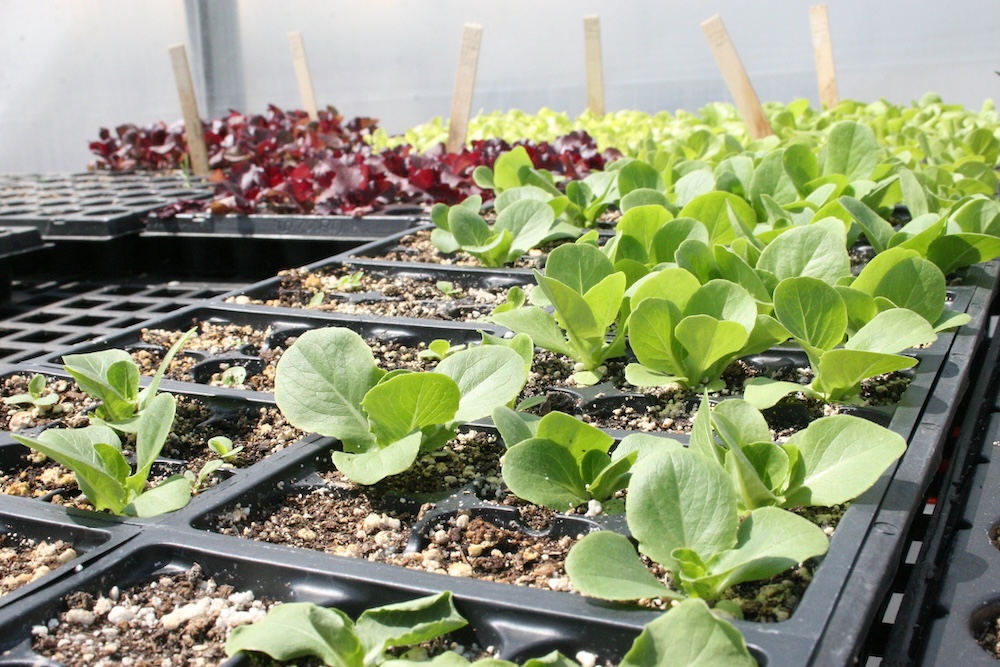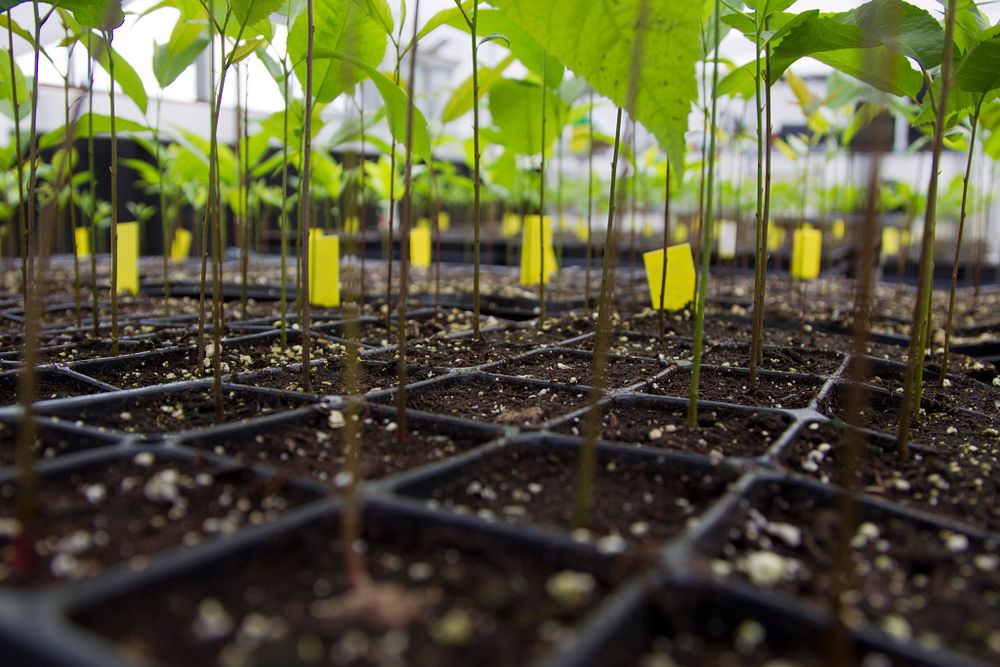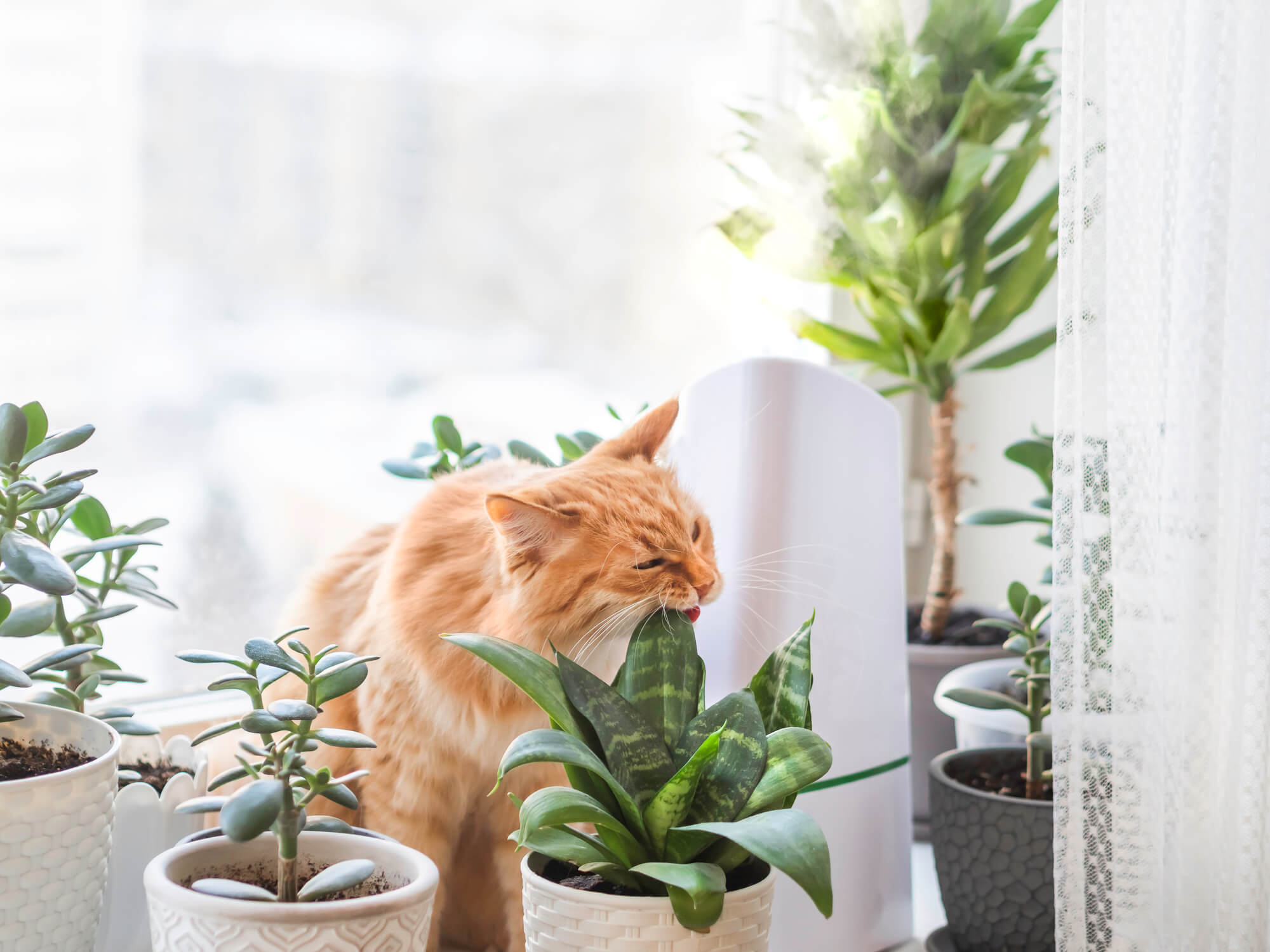
Every pet owner has probably asked their pet “What do you have in your mouth?!” at least once or twice — it’s an essential part of pet ownership. That’s why responsible pet ownership also includes knowing what houseplants or common flowers may be dangerous — or even fatal — to your pets.
To help pet owners know which plants in their household may be cause for concern, particularly when ingested, University of Georgia Cooperative Extension has put together a list of some common culprits. If your pet gets ahold of something you think may be poisonous and begins exhibiting concerning symptoms, call your local veterinarian or the ASPCA Poison Control Center at 888-426-4435.
1. Amaryllis (Amaryllis spp.)
Amaryllis contains a substance known as lycorine, which may cause vomiting or diarrhea. Contact with sap or other parts of the plant may also cause a skin rash.
2. Autumn crocus (Colchicum autumnale)
Ingestion of autumn crocus can result in serious illness or death in dogs and cats. Symptoms include vomiting, diarrhea and shock. Ingestion can also result in multi-organ damage.
3. Bay laurel or sweet bay (Laurus nobilis)
Bay laurel contains eugenol and other essential oils that can cause gastrointestinal distress.
4. Caladium (Caladium spp.)
Caladium contains particles in its sap and juices that can irritate the mouth and cause swelling, drooling or other issues with mouth pain or difficulty breathing.
5. Calla lily (Zantedeschia aethiopica)
Calla lilies also cause mouth irritation, drooling, and difficulty swallowing.
6. Cardinal flower (Lobelia spp.)
Cardinal flower contains a substance called lobeline that leads to heart rhythm disturbances, vomiting, abdominal pain and other issues in cats and dogs.
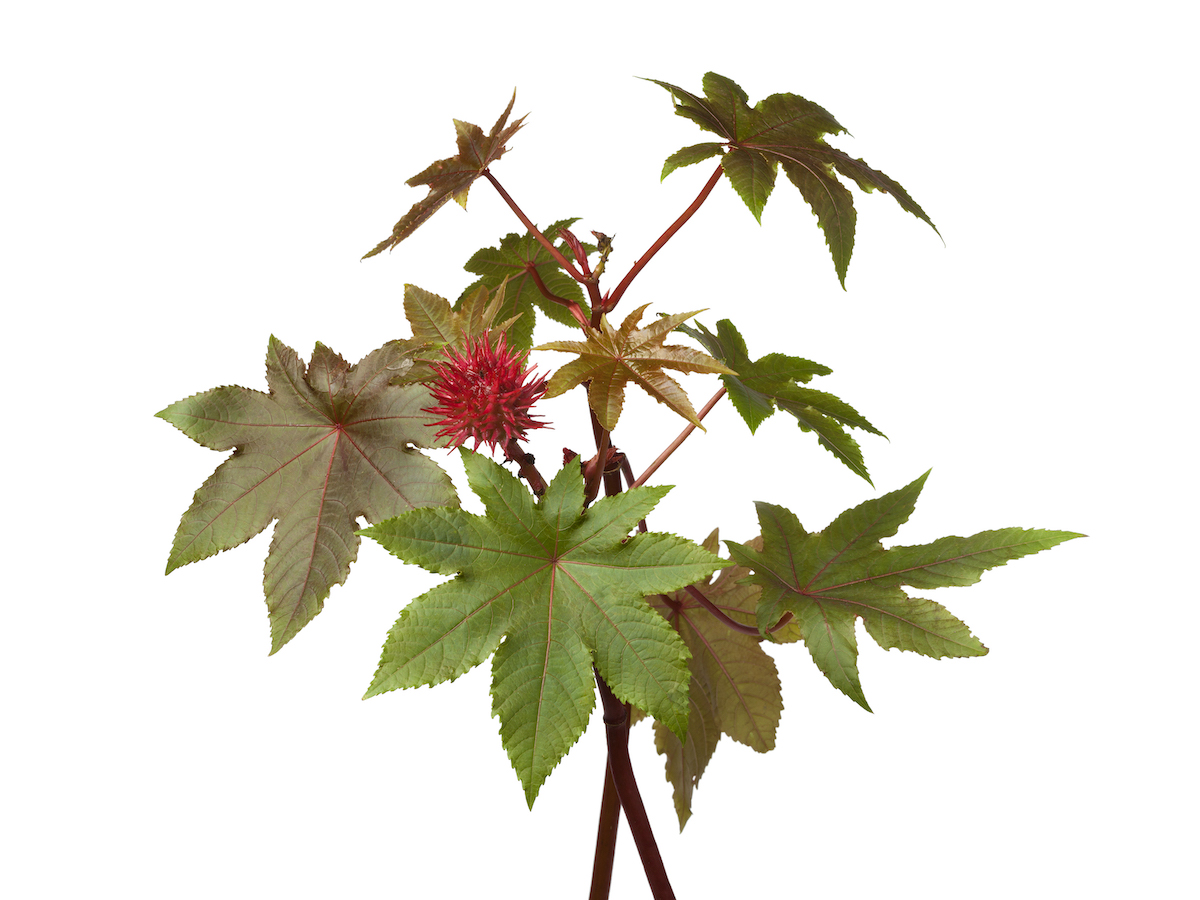
7. Castor bean (Ricinus communis)
Castor beans are extremely toxic because they contain the highly lethal substance ricin, which prevents cells from making proteins that are essential to keeping the body functioning. Symptoms typically develop 12 to 48 hours after ingestion and include excessive thirst, loss of appetite and coordination, weakness and difficulty breathing among other symptoms. Encounters with even small amounts often prove lethal.
8. Cyclamen (Cyclamen spp.)
Cyclamen can lead to gastrointestinal distress and skin rashes when it comes in contact with pets.
9. Daffodil (Narcissus spp.)
Daffodils also contain lycorine, potentially causing vomiting and diarrhea when ingested, as well as a skin rash if pets come in contact with the plant.
10. Day lily (Hemerocallis spp.)
Many species of lily are extremely dangerous for cats. Day lilies are extremely toxic and exposure may result in vomiting, inappetence, lethargy and kidney failure. Lilies are not known to be toxic to dogs.
11. Dieffenbachia or dumbcane (Dieffenbachia seguine)
Dumbcane contains crystals in its sap that may cause intense oral irritation and burning sensation as well as salivation and difficulty swallowing.
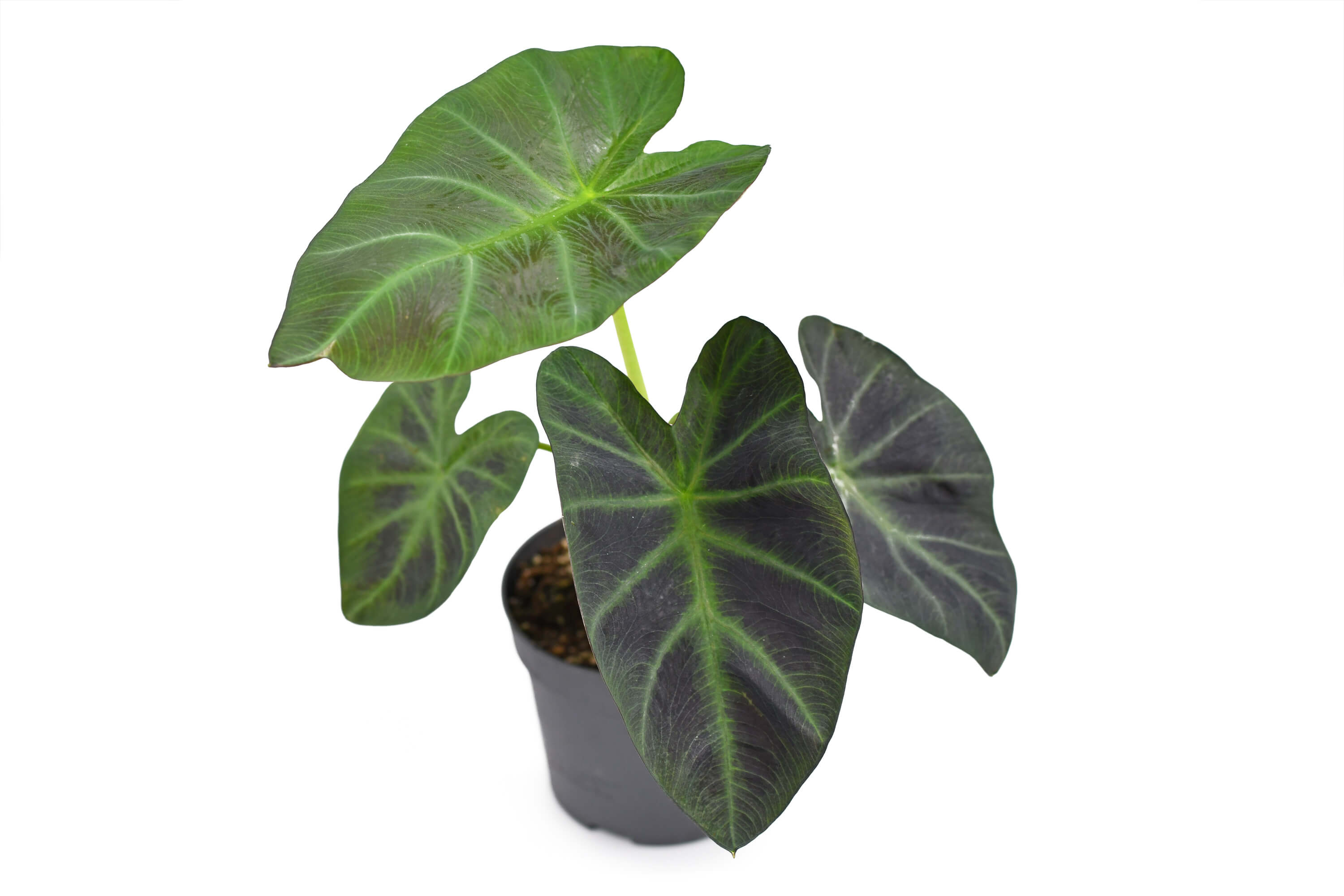
12. Easter lily, Oriental lily (Lilium spp.)
Easter lilies can be extremely toxic to cats, causing vomiting, kidney failure, inappetance and even death. They are not known to be a threat to dogs.
13. Elephant ear (Colocasia esculenta)
Elephant ear can lead to mouth pain, swelling, difficulty breathing and other similar mouth-related symptoms when ingested. It can also cause skin rashes when it comes in contact with pets.
14. English ivy (Hedera spp.)
English ivy contains hederagenin, which can cause vomiting, abdominal pain and hypersalivation when ingested, as well as skin rashes when pets come in contact with it. The foliage is more toxic than the berries.
15. Foxglove (Digitalis purpurea)
Foxglove contains cardiac glycosides, which are extremely dangerous and can cause cardiac arrhythmias and heart failure, vomiting, diarrhea, weakness and death.
16. Hyacinth (Hyacinthus spp.)
Ingestion of hyacinth by pets may lead to vomiting, diarrhea and tremors.
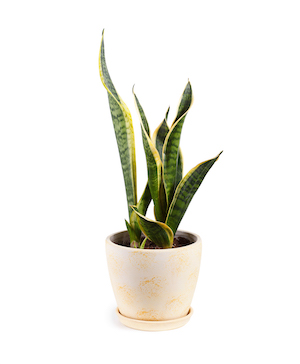
17. Jade plant or Chinese/Japanese rubber plant (Crassula argentea)
Ingestion of the jade plant can lead to vomiting and incoordination.
18. Laburnum or golden chain tree (Laburnum anagyroides)
The golden chain tree grows flowering vines containing chemical compounds that can cause gastrointestinal distress when ingested.
19. Mother-in-law’s tongue or snake plant (Sansevieria trifasciata)
Snake plants contain saponin, which may cause nausea, diarrhea and vomiting in cats and dogs.
20. Mistletoe (Phoradendron spp.)
Mistletoe contains a substance called toxalbumin, which can cause vomiting, diarrhea, difficulty breathing and low heart rate.
21. Oleander (Nerium oleander)
Oleander contains cardiac glycosides and ingestion can lead to diarrhea, colic, abdominal pain, drooling and even death.
22. Philodendron (Monstera deliciosa)
Ingestion of philodendron can lead to oral irritation and pain, swelling of the mouth, drooling, vomiting and difficulty swallowing. It can also cause a rash if pets come in contact with the leaves.
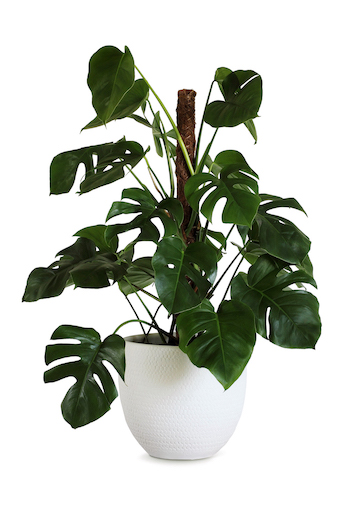
23. Rhododendron azalea (Rhododendron spp.)
Rhododendron contain a neurotoxin called grayantoxin that interferes with muscle, cardiac and nerve function. Ingestion of this plant can lead to vomiting, diarrhea, hypersalivation, weakness, coma, hypotension, cardiovascular collapse and death.
24. Sago palm (Cycas revoluta)
The sago palm contains cycasin, which causes vomiting, melena, jaundice, thirst, bruising, liver damage or liver failure when ingested by pets.
25. Schefflera (Schefflera actinophylla)
Schleffera contains irritating compounds that can cause mouth pain, burning sensation in the area around the mouth, drooling, vomiting and difficulty swallowing.
26. Yew (Taxus spp.)
The yew plant, including the foliage, contains taxine, which can cause very sudden death in pets. Early signs include tremors, dyspnea and seizures.
For more useful publications in a variety of topic areas from UGA Extension, visit extension.uga.edu/publications.





